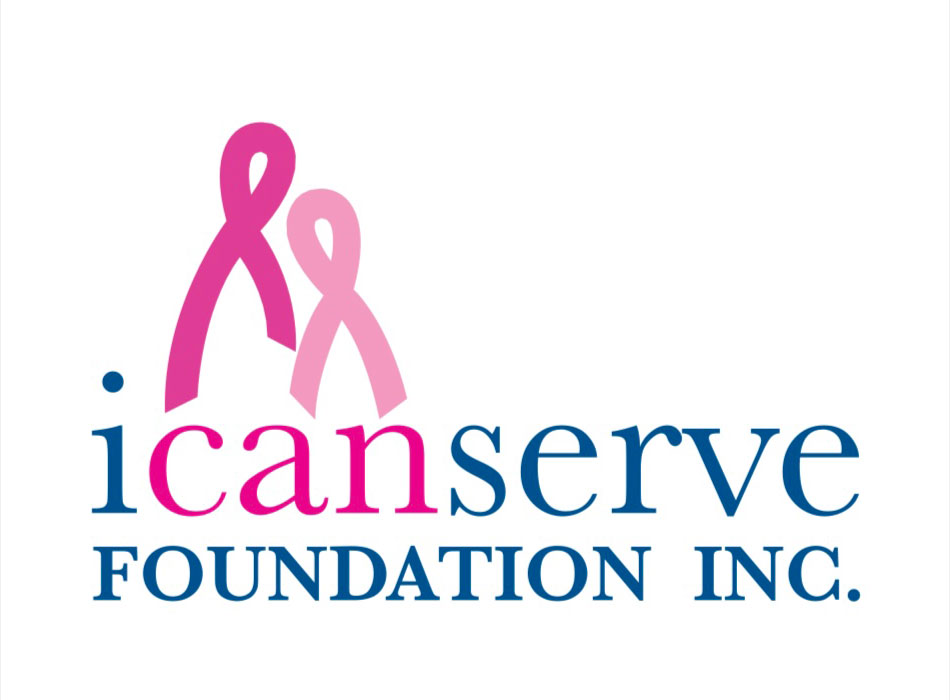Dr. Anna Lisa T. Ong-Lim, Infectious and Tropical Disease expert and professor at the University of the Philippines Manila College of Medicine-Philippine General Hospital, assured breast cancer patients who are currently undergoing treatment that they qualify for COVID-19 vaccination.
In an online forum, “Bakuna at Breast Cancer: Everything You Need to Know” that streamed live on the ICANSERVE Facebook page on May 29, Ong-Lim said, “We want to target people who are at highest risk of getting sick with severe COVID or dying from COVID. These are people with chronic heart disease, chronic lung disease, kidney disease, diabetics, people with hypertension, people who are obese, cancer survivors, cancer patients. Because cancer patients are immunocompromised—their immune systems are really not at their peak—they would be really susceptible to COVID if they ever get the infection. So they are really the prime targets to be protected. If they get vaccinated, there’s really no issue about their bodies not being able to manage the vaccine because it’s a dead virus, bits and pieces of the virus or just genetic material. It’s not the live virus that is going into their system. The problem really is you might not hit the peak protection that you’re expecting to get. But some protection is better than zero or no protection at all.”
TV host Daphne Oseña-Paez, an ICANSERVE volunteer, read questions sent in by participants mostly concerned about adverse reactions to the vaccine.
“From the observations so far, there hasn’t been a higher rate of adverse reactions among the cancer community compared to the rest of the population who have been vaccinated… If you’re on active treatment, on radiotherapy, on chemotherapy, you actually qualify. Consult with your clinician. Get your clearance. But the concern is not safety. It’s really how well you would respond to it and that’s still better than not being vaccinated,” said Ong-Lim, herself a breast cancer survivor and member of ICANSERVE.
Addressing urban legends about vaccines, Oseña-Paez took the opportunity to advocate spreading truth by not forwarding or sharing unverified information received in private chat groups. Ong-Lim also said to differentiate between causality and coincidence. “Not everything that happens after vaccination is caused by the vaccine,” she said.
ICANSERVE president Nikoy de Guzman, who had a bilateral mastectomy, shared that she received her vaccine injection on her thigh because of the special precautions on both arms. Ong-Lim said intramuscular vaccines are administered normally on non-weight bearing muscles such as the arms so as not to affect functionality. However, breast cancer patients who underwent mastectomy and removal of axillary lymph nodes observe special precaution on their affected side to prevent lymphedema or swelling of the affected arm.
In response to a query on Ivermectin, Ong-Lim said, “There is still no solid data to support Ivermectin’s role for prevention of COVID-19. Until that is available, we should actually benefit from interventions that have solid evidence which is vaccination and also practicing our minimum public health standards.”
ICANSERVE volunteer Marivic Bugasto, head of Baguio-based support group Minda’s Buddies, encouraged forum participants to get vaccinated out of love. “If you love yourself, your family and your neighbors, get vaccinated so that if you get COVID, you don’t have to go to the hospital and be isolated where nobody can visit you. You save your family the expense of severe COVID which means you’ll be in ICU (intensive care unit),” she said. Bugasto also had bilateral mastectomy, and currently has asthma, hypertension, and diabetes.
View the entire forum on the ICANSERVE YouTube Channel.
